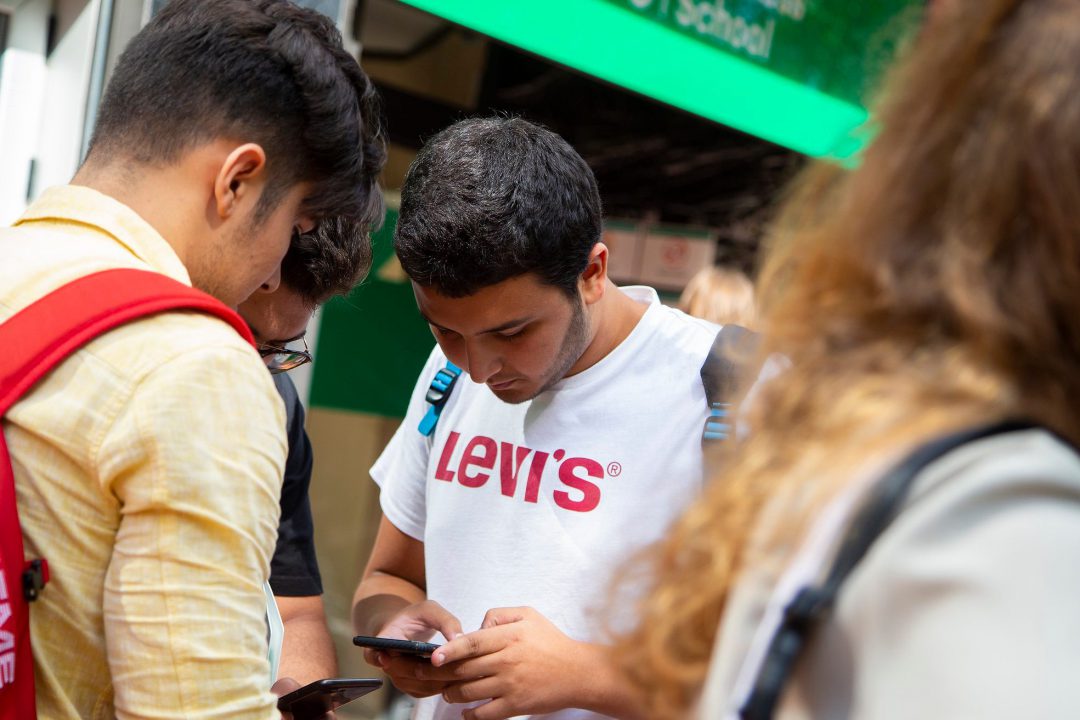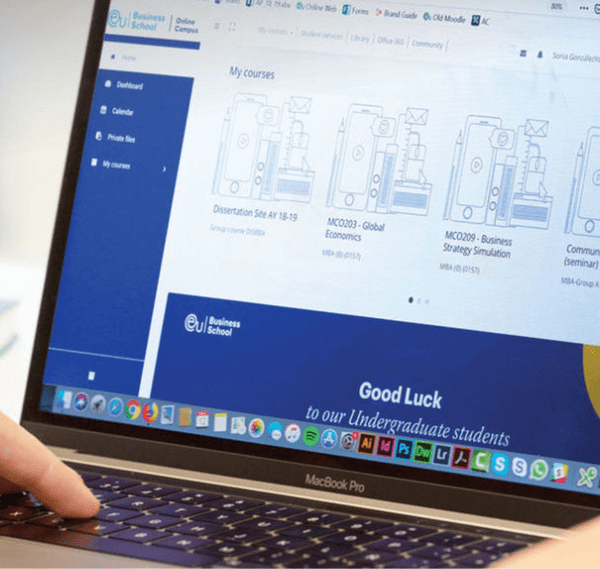5 Tips to Help Businesses Communicate Effectively With Millennials and Generation Z During Times of Crisis
The technological achievements of the modern age make it easy to feel as though crisis like coronavirus should be a thing of the past. But if there’s one thing the last few weeks have proven, it’s this: society is still incredibly vulnerable.
On a personal level, this belief in our collective indestructibility is usually relatively benign, even if it’s inaccurate. Governments step in and we adapt our behaviour. But for businesses, it can be fatal.
Brands need tested, practical crisis management plans to deal with both internal emergencies and broader national and international upheavals in which they get caught up. This is especially true when it comes to communication strategies aimed at millennials and Gen Z individuals, groups that together make up nearly half of the worldwide consumer market.
In this post, we’re going to look at five practical ways that businesses can craft positive, wide-reaching and effective communication plans for when things go wrong.
1. Implement a Digital, Multi-Channel Approach
To ensure that messages achieve maximum exposure, brands should leverage as many mediums as possible, including email, SMS, Instagram, Facebook, Twitter, Youtube and so on.
The average online user has 8.5 social media accounts. By targeting all customer channels with a variety of content types like video, written posts and photos, businesses will reach the greatest possible amount of people with the formats their customers prefer.
What’s more, it’s crucial for companies to develop a clear message and coordinate to ensure uniformity. One of the biggest frustrations among the public during the coronavirus crisis has been the mixed messages coming from governments.
2. Don’t Forget the Human Element
User-generated content can play a significant role in emergencies. Stories about people responding to the crisis and implementing new guidelines are particularly useful for building a human element into a communication strategy. All those customer tweets, Facebook and Instagram posts will have an uplifting effect when shared with a company’s followers.
Millennials and members of Generation Z crave personal connections from brands. Adding authorship to messages, whether it’s from the head of PR or the company CEO, will likely yield positive reactions. During the coronavirus outbreak, many large companies have taken this approach. Ryanair’s boss Michael O’Leary, for example, issued a personal statement outlining extra safety precautions that were being taken during flights.

3. Address Important Practical Concerns
The emotional and uplifting content of crisis communication is important. But messages first and foremost should serve a practical purpose – they should include concrete details and guidelines that are consistent across channels.
Here are some examples of questions that businesses should answer:
- What will happen to any monthly subscription fees?
- What specific time frames are any temporary measures expected to last?
- What specific changes will occur in regards to products, services, delivery, etc.?
- Are there any actions that customers need to take?
4. Emphasize the Values and Mission of the Brand
Younger groups like millennials and Generation Z prefer brands with clearly defined values. And they’re more likely to opt for, and remain loyal to, companies that have strong missions.
During times of crisis, when customer loyalty will be tested, it’s vital for businesses to re-assert their mission and how values are driving emergency measures.
5. Ask and Incentivize Customers to Share
The social ecosystem is driven by sharing. By leveraging social sharing, it’s possible to boost the reach and effectiveness of crisis communication, thereby reassuring and engaging a greater proportion of customers.
There are numerous practical things that brands can do to encourage sharing, from hiring well-known influencers to publicize messages to running campaigns that reward re-posting social media messages, like a donation to charity for each share.
Eager to Learn How to Tackle Emergencies as an Entrepreneur or Business Leader?
Crisis management is about more than limiting losses. For passionate entrepreneurs and business leaders, it is an essential skill that ensures the health of a company during difficult times while limiting any negative effects on consumers.
In an increasingly uncertain world, the EU Business School understands the value of these skills. All our courses include an in depth look at crisis management from a business perspective. Explore our Bachelor’s in Communication and Public Relations and our MBA in Communication and Public Relations for more information.










